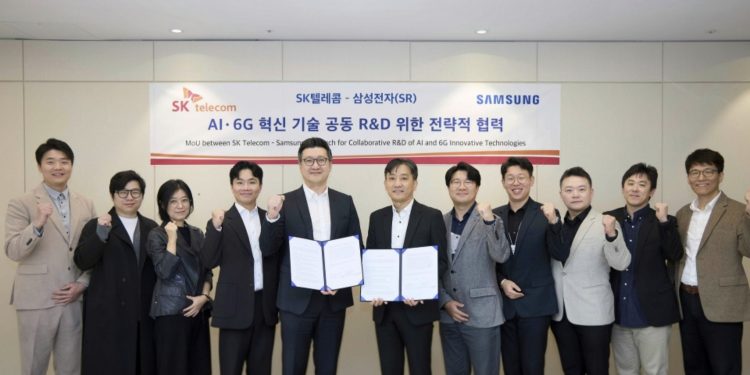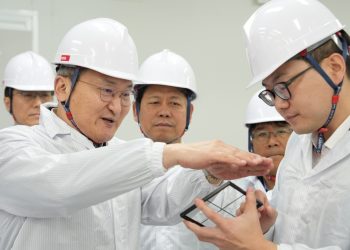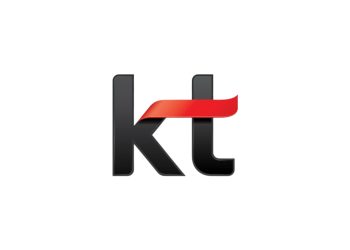Korean tech giants deepen collaboration to lead next-generation wireless infrastructure using AI-RAN technologies
Samsung Electronics and SK Telecom have signed a memorandum of understanding (MOU) to co-develop next-generation 6G technologies, signalling a major step toward building AI-native wireless infrastructure. The partnership centres on artificial intelligence-based radio access network (AI-RAN) technology, which is expected to become a critical foundation for ultra-fast and energy-efficient 6G communication systems.
The research will be led by Samsung Research and SK Telecom’s Network Technology Office. Both firms aim to accelerate 6G commercialisation and strengthen South Korea’s position as a global leader in future connectivity.
Core Technologies Under Development
The collaboration will test and validate key AI-driven network components that could define 6G standards:
- AI-based channel estimation – Predicts and corrects signal distortion in real time, improving reliability in areas where radio waves are blocked by buildings or walls.
- Distributed MIMO transmission – Multiple base stations and antennas will jointly transmit and receive data, enabling high-speed communication across dense urban and remote rural areas.
- AI-driven schedulers and core networks – Manage when, where and how data should be delivered, ensuring efficient performance even when thousands of devices are connected simultaneously.
Industry analysts say these features could allow telecom operators to automate much of the current network optimisation work — a key step toward autonomous networks in the 6G era.
Division of Roles: Field Testing Meets AI R&D
Under the agreement:
- Samsung Research will lead the development of AI-based channel estimation models, distributed MIMO algorithms and scheduling technologies.
- SK Telecom will contribute real-world data and test infrastructure based on its nationwide network operations.
According to both companies, this collaboration will allow them to “verify the effectiveness of AI-based wireless technologies in real-world environments” — an important step beyond lab testing.
Part of a Broader Global Initiative
The partnership builds on ongoing efforts within the AI-RAN Alliance, where Samsung and SK Telecom are contributing to standard-setting efforts. Their jointly proposed AI-based channel estimation technology was recently approved as an official work item. The companies presented their findings at the alliance’s meeting earlier this month.
“The convergence of AI and wireless communications will be crucial to 6G competitiveness,” said Takki Yu, Vice President of SK Telecom’s Network Technology Office. “Through our collaboration with Samsung Electronics, we plan to secure world-class AI-RAN technologies and lead the global 6G ecosystem.”
Samsung’s Long-Term Vision for 6G
Samsung has been laying groundwork for 6G since establishing the Advanced Communications Research Center (ACRC) in 2019. The company has:
- Published multiple 6G white papers
- Conducted spectrum research
- Demonstrated early 6G concepts at MWC 2025 in Barcelona
- Hosted the Silicon Valley Future Wireless Summit in November to promote AI-RAN innovation
These initiatives indicate a structured roadmap designed to secure technological leadership well ahead of standardisation efforts.
Proven AI Capabilities in Existing Networks
The collaboration between Samsung and SK Telecom is not new. Last year, both companies used AI and deep learning to optimise parameters in 5G base stations, achieving measurable improvements in quality and resource efficiency. SK Telecom says it plans to apply similar AI-based optimisation across both 5G and future 6G networks, using previous results as a foundation for more advanced deployment.
Toward Early Commercialisation of 6G
Global standardisation of 6G is expected to begin around 2026, and both companies are preparing ahead of that timeline. Their current research is designed for practical deployment rather than theoretical testing — a sign that the industry is moving toward commercial readiness.
“Field-focused collaboration will help us verify AI-RAN technologies in real environments and prepare for the rollout of 6G,” said Jeong Jin-guk, Head of the Advanced Communications Research Center at Samsung Research.
Analysts suggest that if successful, South Korea could emerge as one of the first countries to implement AI-native 6G infrastructure — potentially setting a blueprint for telecom operators worldwide.







